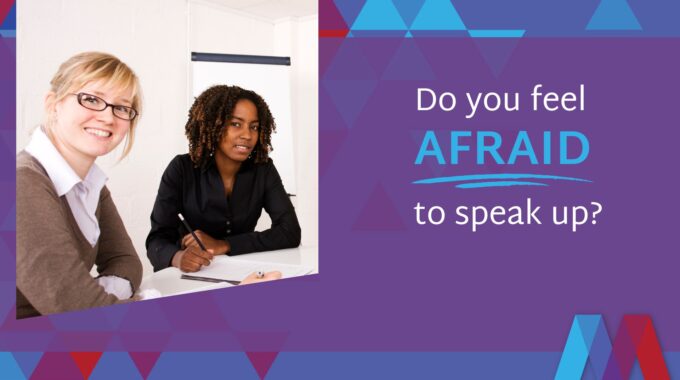Emotional Intelligence
I love when people are willing to be vulnerable and admit their mistakes or shortcomings. This quality is so endearing.
In a recent leadership program I facilitated, my client Sarah explained that while she seeks and appreciates feedback now, she did not respond well to feedback a few years ago.
In fact, she admitted that she started her leadership journey filled with attitude, pride, and defensiveness.
When Sarah got feedback, she felt like her boss was picking on her, and she would feel angry and embarrassed.
I was so proud of her for admitting this. She was so open, honest, and vulnerable.
I told her that by sharing this example, she demonstrated a great deal of emotional intelligence.
The foundations of emotional intelligence are self-awareness and emotional balance.
- Her comment was so self-aware. I love that she could identify her weaknesses and work hard at changing her mindset.
- Her comment demonstrated a great deal of emotional balance. This quality allows you to remain clear-headed and calm, especially under pressure. She learned that being defensive had a negative impact on her relationships. So, she chose to more thoughtfully manage her emotional impulses to build high-trust relationships across the business.
A recent study on Emotional Intelligence indicates that “Emotional intelligence predicts leadership performance better than IQ or personality traits alone.”
indicates that “Emotional intelligence predicts leadership performance better than IQ or personality traits alone.”
I ardently agree with this statement.
So, if you are looking for an item to add to your development plan, I highly suggest you add “emotional intelligence.”
Sarah is a perfect example of how someone can leverage self-awareness and emotional balance to build strong relationships at work.
What can you do to develop your emotional intelligence muscle?


